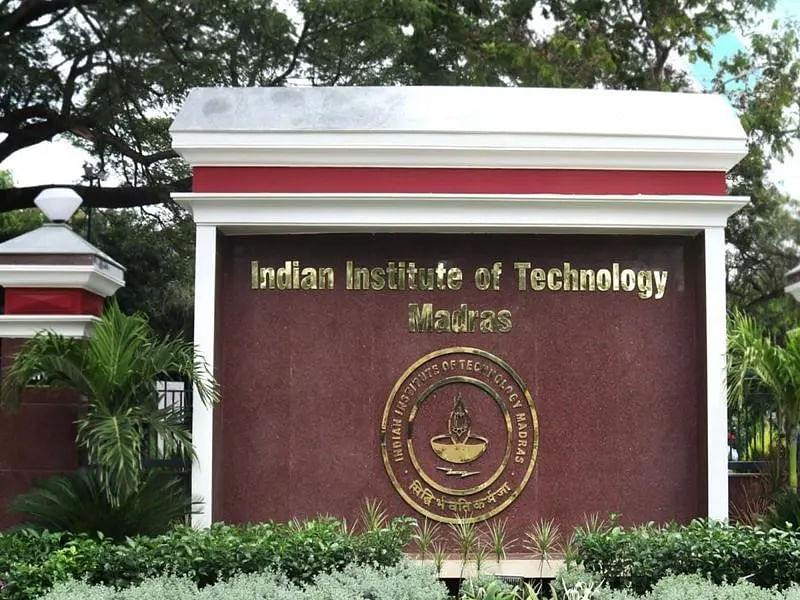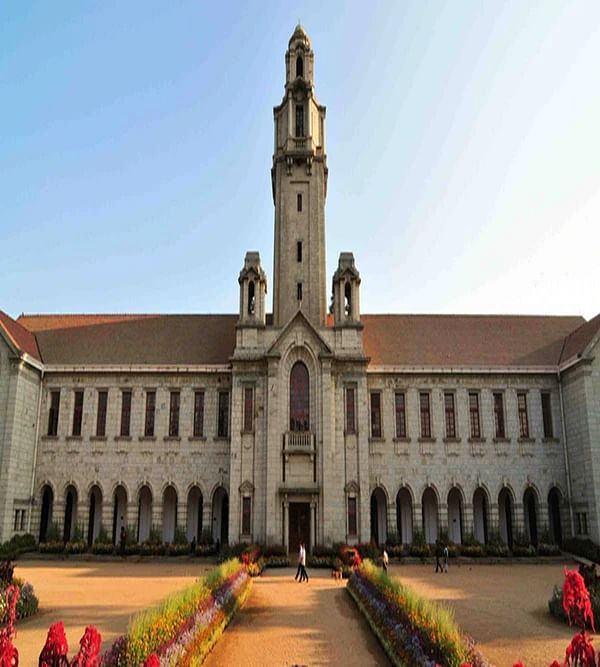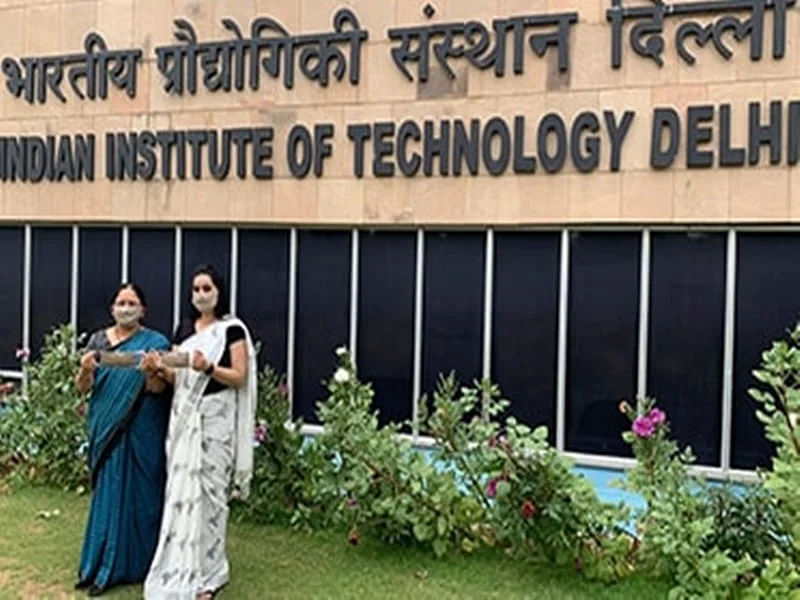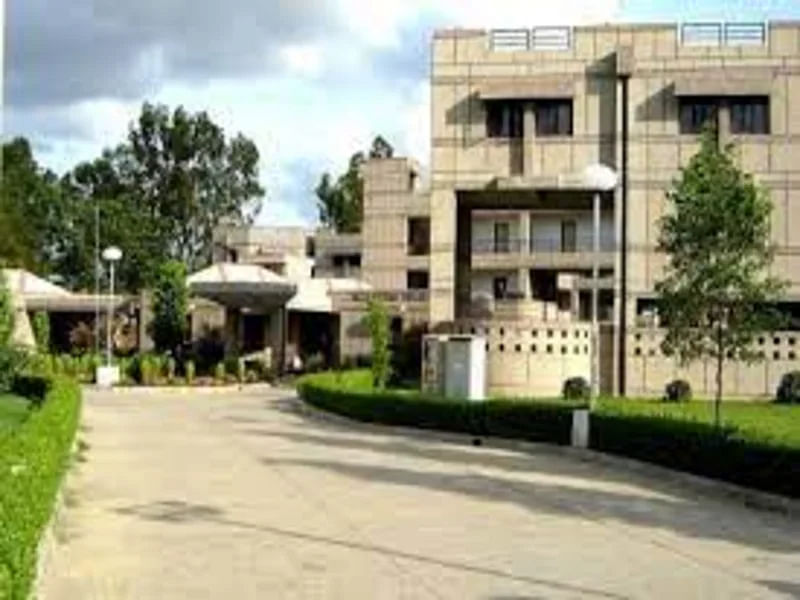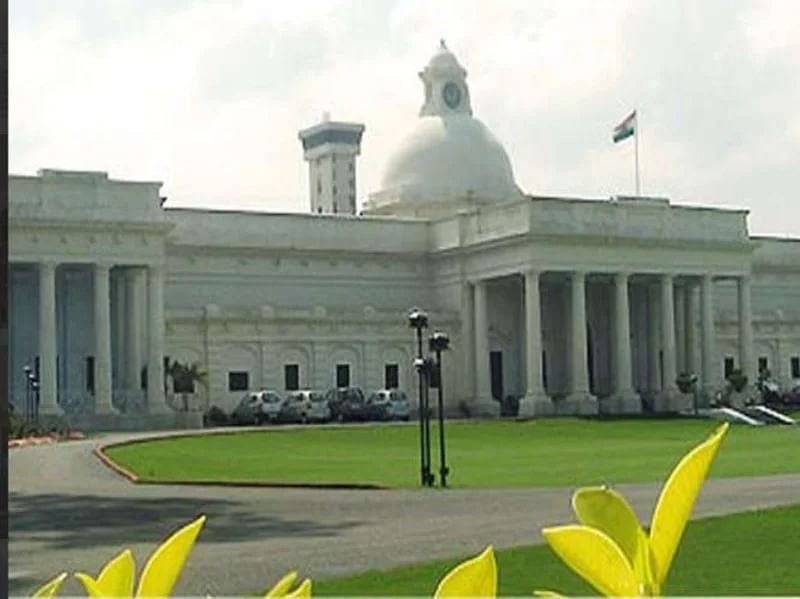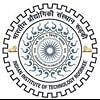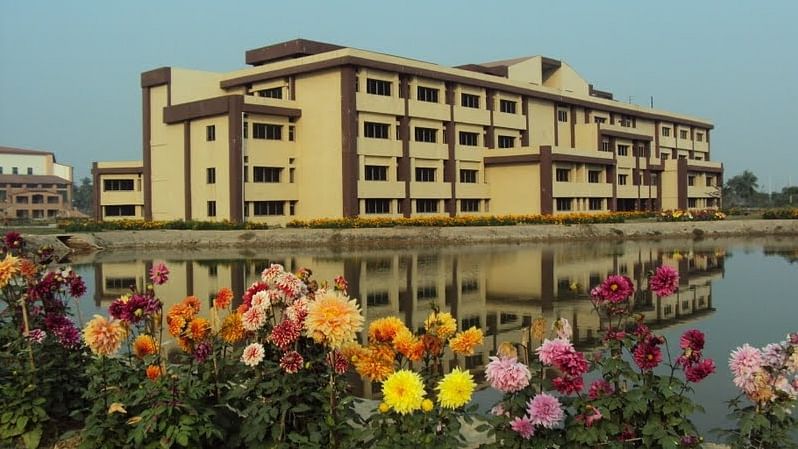M.Tech Syllabus and Subjects
M Tech syllabus differs according to the specialization that students decide to pursue. MTech course is a postgraduate program that comes under the discipline of technology and focuses mainly on the implementation of existing technologies and gives a gateway toward technical research. MTech job scope provides students with substantial job opportunities with appropriate career growth and a variety of job roles and responsibilities.
Semester-Wise M Tech Syllabus
The M Tech subjects depend on the specialization that students decide to pursue, as different subjects would be considered the core subjects with every specialization. M.Tech is a two-year-long postgraduate course. Although the syllabus for M.Tech programs may differ between subjects, some modules are common across multiple disciplines. These subjects are mentioned below:
First-Year Syllabus For M.Tech:
Below is the table for First Year MTech Syllabus.
| Semester I | Semester II |
| Water Resource Engineering | Dyestuff Technology |
| Printing Technology | Programming |
| Communication Skills | Practical Workshops |
| Practical Workshops II |
Second-Year Syllabus For M.Tech:
Below is the M Tech syllabus for Second Year.
| Semester II | Semester IV |
| Power Electronics & Drives | BioEngineering |
| Engineering Management | Manufacturing |
M Tech Subjects
M Tech subjects list depends on the specialization that the aspiring student focuses on. The subjects are divided into both core and elective subjects. Elective subjects are optional subjects that make the course flexible and diverse. Regardless of their specialization, all M.Tech students are required to study essential subjects known as core subjects.
Core Subjects:
- Applied Operations Research
- Astronautics
- Bioinstrumentation/ diagnostics
- Biomedical Materials and Mechanics
- Complex System Development
- Data Mining and Analytical Marketing
- Drug Delivery and Cellular/Tissue Engineering
- Dynamics, Controls, and Robotics
- Energy and Sustainable Development
- Energy Economics and Engineering
- Engineering Mathematics and Modeling
- Environmental and Water Resources Systems Engineering
- Environmental Fluid Mechanics and Hydrology
- Environmental Geophysics
- Environmental Processes
- Financial Engineering
- Geohydrology
- Geotechnical Engineering
- Information Technology
- Mechanics of Materials
- Micro and Nanoscale Engineering
- Nanosystems
- Semester in Strategic Operations
- Structural Engineering
- Technology Management for ECE
- Thermal-fluid Sciences
- Transportation Systems Engineering
M.Tech Theory Subjects
The M.Tech theory subjects can change according to the program and specialisation that the students choose to pursue in M.Tech. Some of the theory subjects according to specialisation are listed below:
| Specialisations of M.Tech | Theory Subjects |
| M.Tech. (Computer Science & Engineering) |
|
| M.Tech. (Information Technology) |
|
| M.Tech. (Information Security) |
|
| M.Tech. (Digital Communication) |
|
| M.Tech. (Electronics & Communication Engineering) |
|
| M.Tech. (Signal Processing) |
|
| M.Tech. (RF & Microwave Engineering) |
|
| M.Tech. (VLSI Design) |
|
M.Tech Elective Subjects
Given below are some of the electives that students can choose from in their specializations:
| Specialisations of M.Tech | Elective Subjects (Choose any Two ) |
| M.Tech. (Computer Science & Engineering) |
|
| M.Tech. (Information Technology) |
|
| M.Tech. (Information Security) |
|
| M.Tech. (Digital Communication) |
|
| M.Tech. (Electronics & Communication Engineering) |
|
| M.Tech. (Signal Processing) |
|
| M.Tech. (RF & Microwave Engineering) |
|
| M.Tech. (VLSI Design) |
|
Specialisation-wise M Tech Syllabus
Students often wonder, “What are the subjects in M.Tech?”. The general syllabus of the M Tech subjects will change according to the specialisation. The first year of the course is focused on core subjects related to engineering. The second year focuses on the specialisation. Listed below is the general syllabus from the third semester onwards for specialisations.
M.Tech Artificial Intelligence
M.Tech Artificial Intelligence is a two-year post-graduation program focusing on Computational Intelligence, Soft Computing, Artificial Intelligence, and Neutral Networking. Computational Intelligence: Computational Intelligence (CI) is the theory, plan, application, and advancement of naturally and linguistically motivated computer paradigms. Generally, the three fundamental pillars of CI have been Neural Networks, Fuzzy Systems, and Evolutionary Computation.
Read More: M.Tech Artificial Intelligence Syllabus and Subjects
M.Tech Process Engineering
M.Tech Process Engineering mainly focuses on the design, control, operation, control, and optimization of processes. Process Engineering is involved in all kinds of industries such as chemical, agricultural, advanced material, food industry, software industry, drug industry, etc.
Read More: M.Tech Process Engineering Syllabus and Subjects
M.Tech Applied Electronics
The M.Tech Applied Electronics course focuses on the practical application of electronics in various fields. The course covers topics such as digital signal processing, control systems, and communication systems. The coursework gives students the information and abilities they need to work in fields like robotics, automation, and telecommunications.
Read More: M.Tech Applied Electronics Syllabus and Subjects
Other Important M Tech syllabus and Subjects include:
- M.Tech Manufacturing Engineering Syllabus
- M.Tech Engineering Design Syllabus
- M.Tech Electronics & Telecommunication Engineering Syllabus
- M.Tech Information Technology
M.Tech Course Structure
M.Tech course structure consists of both core and elective subjects. The M.Tech course is a two-year-long postgraduate course. In the first year of education, the students are introduced to the general core and important subjects in engineering. From the third semester onwards, students are introduced to specific subjects relating to their specialization. Additionally, practical workshops give the students a chance to learn about the specialization in greater detail. The course structure is:
- VI Semesters
- Core Subjects
- Elective Subjects
- Practical Workshops
M.Tech Teaching Methodology and Techniques
M.Tech teaching methodology and techniques encompass traditional lecture-based training as well as practical workshops. The main aim of the practical training and workshops is to give the students a chance to use their knowledge in a practical setting. The traditional classroom teaching methods allow the students to ask the queries they might have and get answers to them.
- Traditional Classroom-Based Teaching
- Practicals Workshops
MTech Projects
As part of the curriculum for the MTech course, students must complete their project work. The projects are intended to give students real experience in their area of study and to aid in the development of practical skills.
The following is a list of some of the most common topics for MTech projects:
- Learning Graphs with Multiple Connected Components and Monotone Topology Properties.
- Recovery Of Low-Rank Matrix From Noisy, Quantized, and Inaccurate Measurements.
- A Power-Efficient Approach to MIMO Radar and Cellular Coexistence Made Possible by Interference Exploitation.
M.Tech Reference Books
By investing in reference books, students can ensure that they have all the important resources they might need to successfully ace the exams and courses. Below mentioned are MTech books which students can use as references:
| Books | Authors |
| Technical Writing and Professional Communication for Non-native | Thomas N. Huckin and Leslie A. Olsen |
| Momentum, Heat and Mass transfer | C.O. Bennet and J.E. Myers, McGraw Hill |
| Educational Research An introduction | Borg, Walter R. & Meridith, D. Gall |
